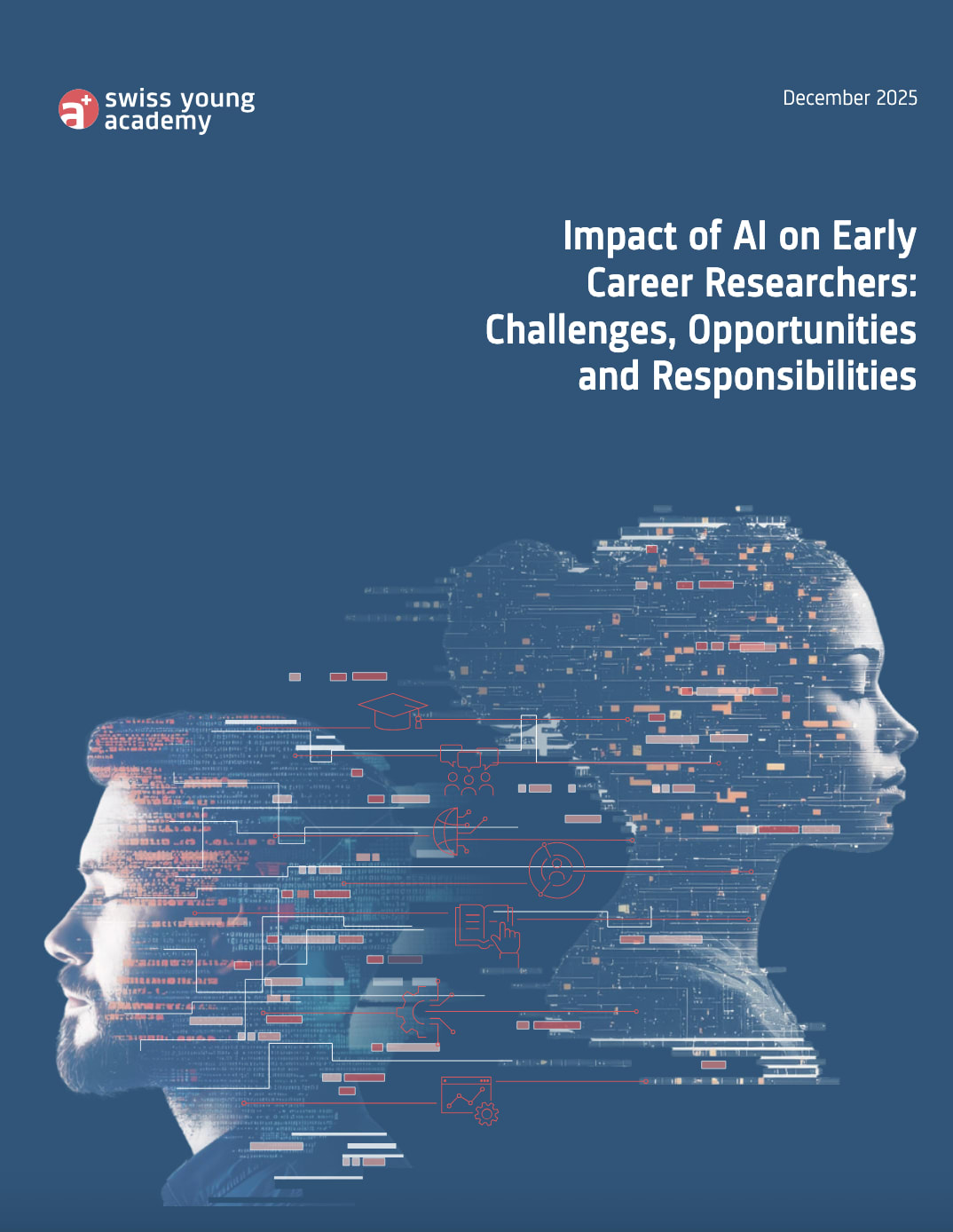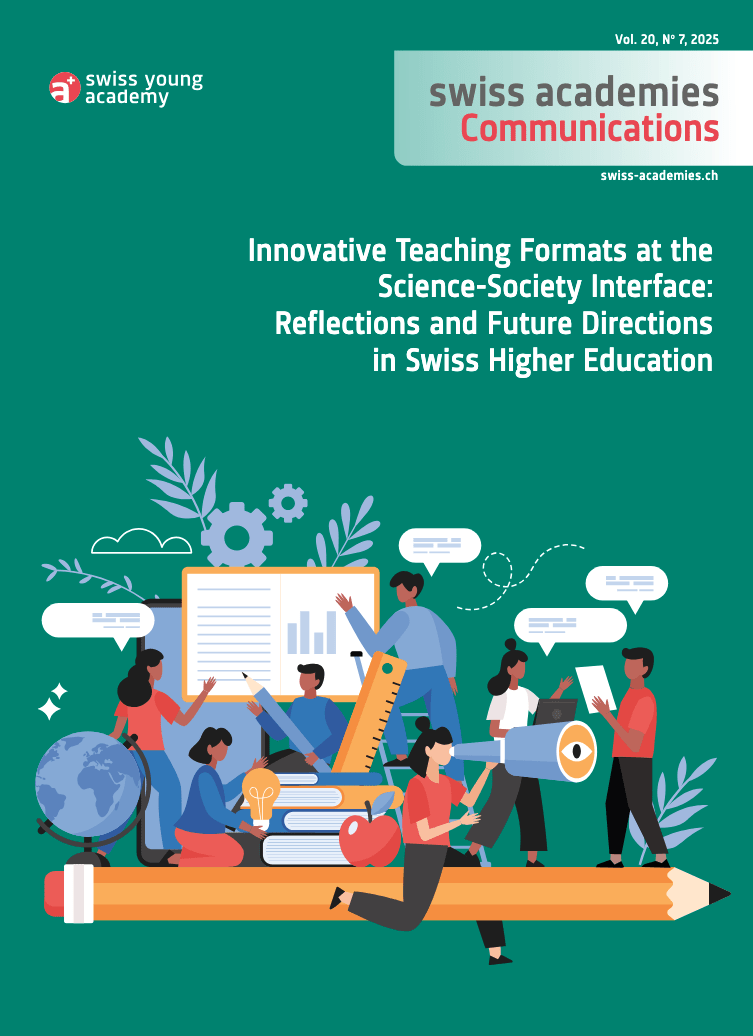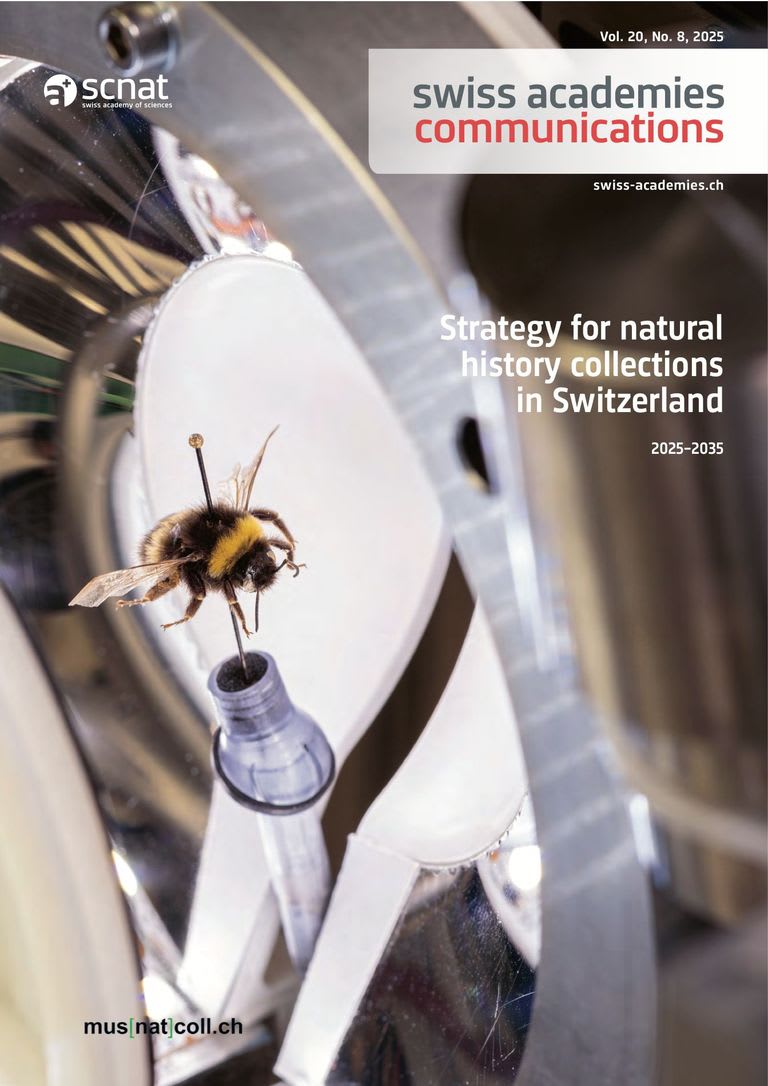Swiss Academy of Humanities and Social Sciences SAHS
Der Beitrag der Geistes- und Sozialwissenschaften zur Umsetzung der SDGs in der Schweiz. Die Blogartikelsammlung zur SAGW-Veranstaltungsreihe (2019)
SWISS ACADEMIES COMMUNICATIONS, VOL. 15. NO 8, 2020
Um den Beitrag der Geistes- und Sozialwissenschaften zur Umsetzung der SDGs in der Schweiz sichtbar zu machen, hat die SAGW im Jahr 2019 fünf kurze Abendveranstaltungen zu verschiedenen SDGs organisiert.
Thematisiert wurden die partizipative Innovationsförderung im Bereich des Alter(n)s, die Umsetzung der Geschlechtergleichstellung in der Schweiz, das Diktat des Wirtschaftswachstums und dessen Auswirkungen auf die Arbeitswelt, die Einkommensungleichheiten und schliesslich das Verhältnis der SDGs zu völkerrechtlichen Abkommen und die Möglichkeiten, auch über die Landesgrenze hinaus verantwortungsvoll zu handeln. Die nun in Publikationsform vorliegende Blogartikelsammlung entstand auf der Basis des Gehörten und Diskutierten und gewährt somit einen nicht alles umfassenden, doch zum Denken anregenden Einblick in die vielfältigen Beiträge der Geistes- und Sozialwissenschaften für eine nachhaltige Gesellschaft.
Schweizerische Akademie der Geistes- und Sozialwissenschaften (2020) Der Beitrag der Geistes- und Sozialwissenschaften zur Umsetzung der SDGs in der Schweiz. Die Blogartikelsammlung zur SAGW-Veranstaltungsreihe (2019) Swiss Academies Communications 15 (8).




